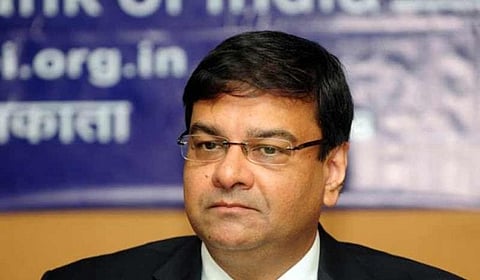
- Home
- Live Blog
- Breaking News
- Top Headlines
- Cities
- NE News
- Sentinel Media
- Sports
- Education
- Jobs

NEW DELHI: Disagreements between the government and the central bank are a common occurrence in any economy. It is an expected outcome, given their contrasting roles where one has to maintain the growth of the economy at a healthy pace while the other has to ensure price stability, which sometimes dampens growth prospects. However, this time it was different as weeks of animosity between North Block and Mint Street has culminated in the resignation of the RBI Governor, Urjit Patel.
To underscore the gravity of the situation, it should be pointed out that it is only the second instance in the history of independent India that an RBI governor had to resign. The previous case goes back to 1957 when the RBI Governor, Sir Benegal Rama Rau, resigned due to differences with the then Finance Minister, T.T. Krishnamachari (TTK). Rau had disliked the fact that TTK believed and publicly claimed that the RBI was a subordinate office of the Finance Ministry and treated it as such. He even openly hijacked the RBI’s monetary policy by announcing a stamp duty on bills. To Rau’s dismay, even Prime Minister Jawaharlal Nehru sided with his Finance Minister. (IANS)
Also Read: Business News